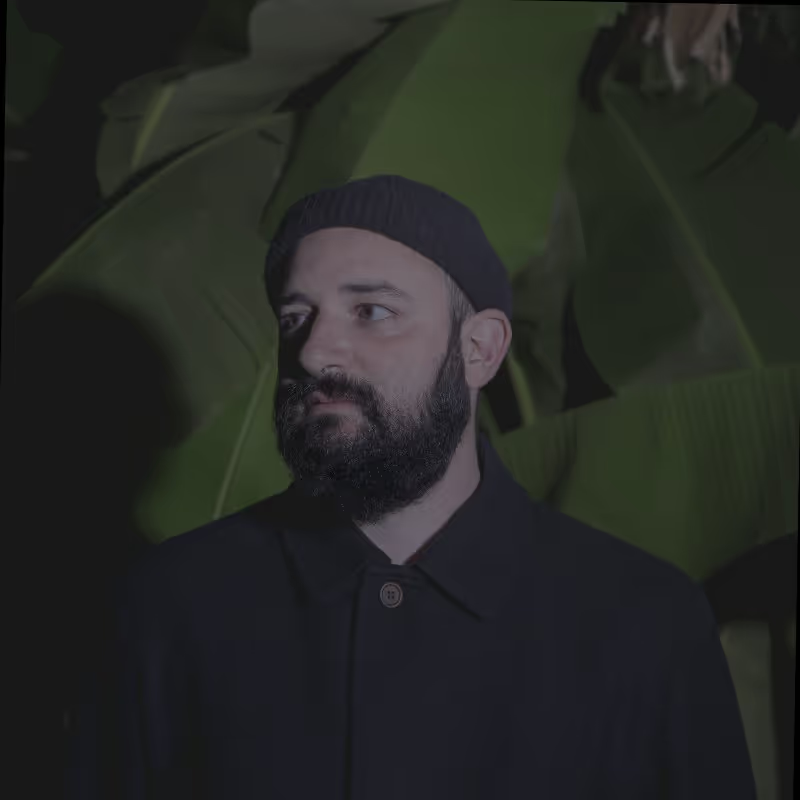
Professional
Salvatore Vitale
like to explore
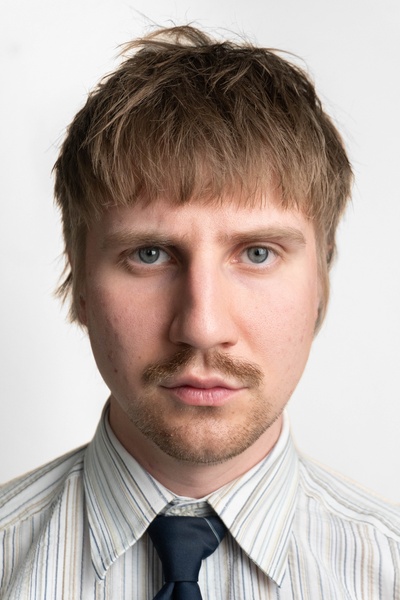
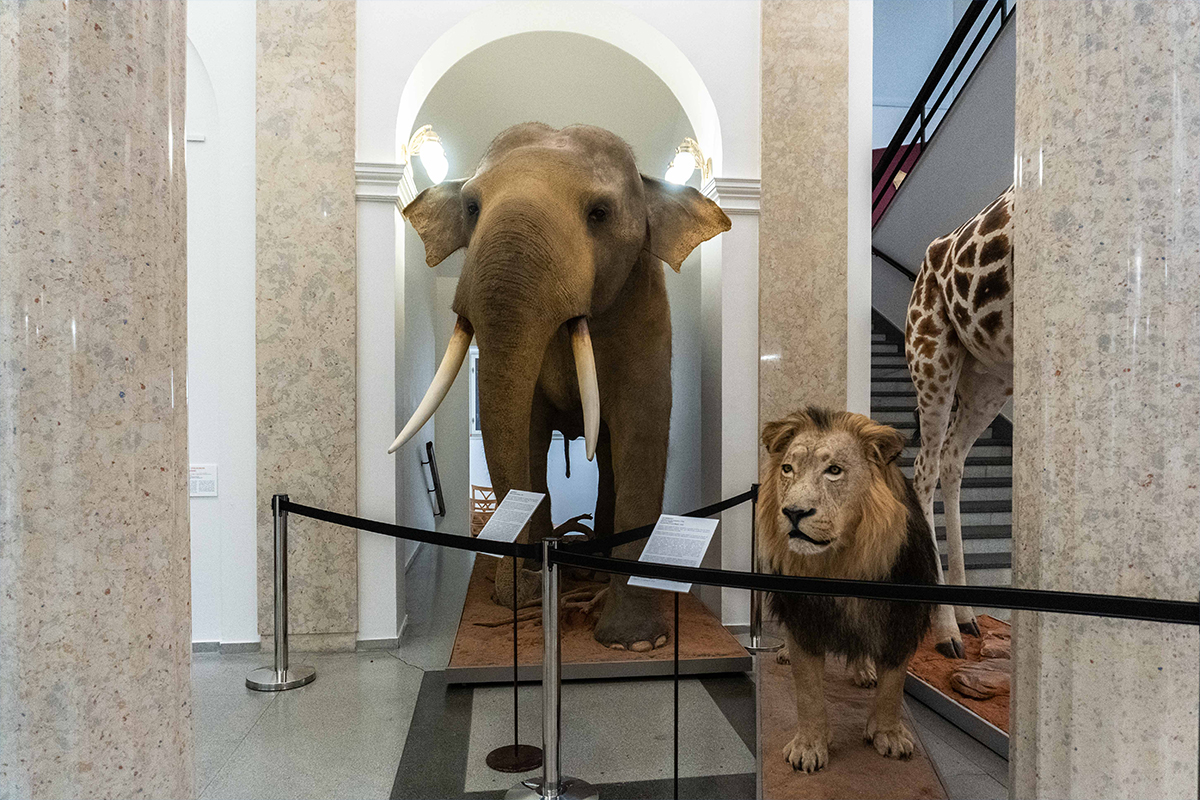
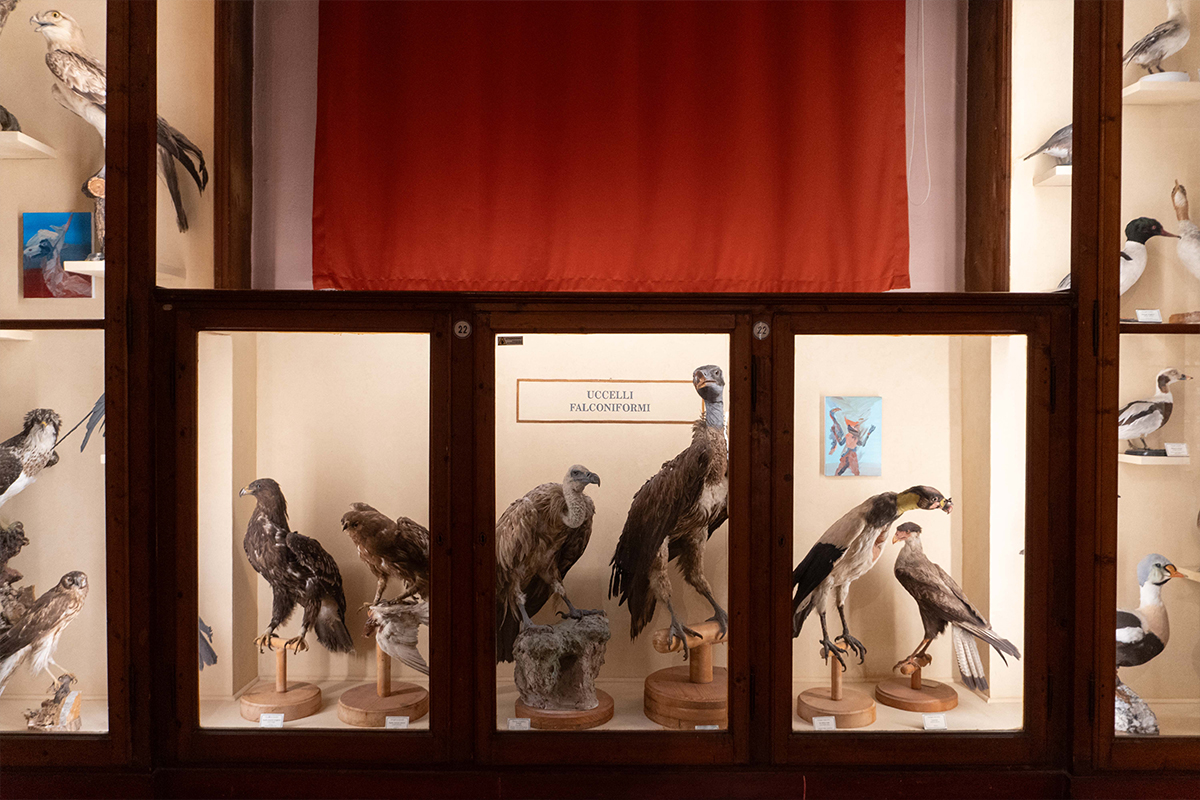
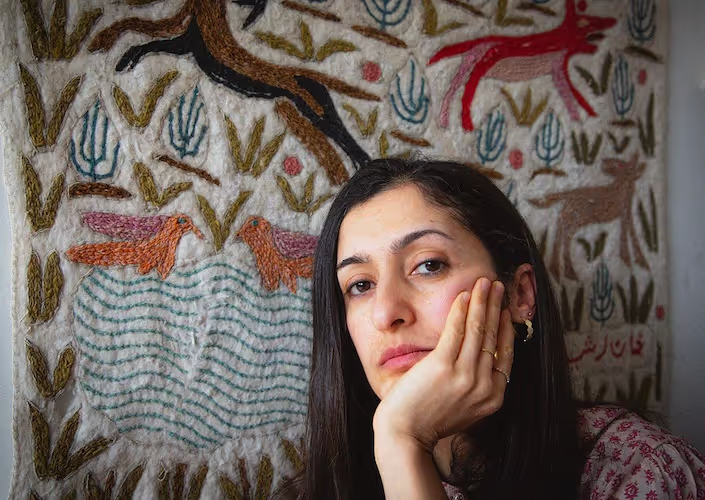
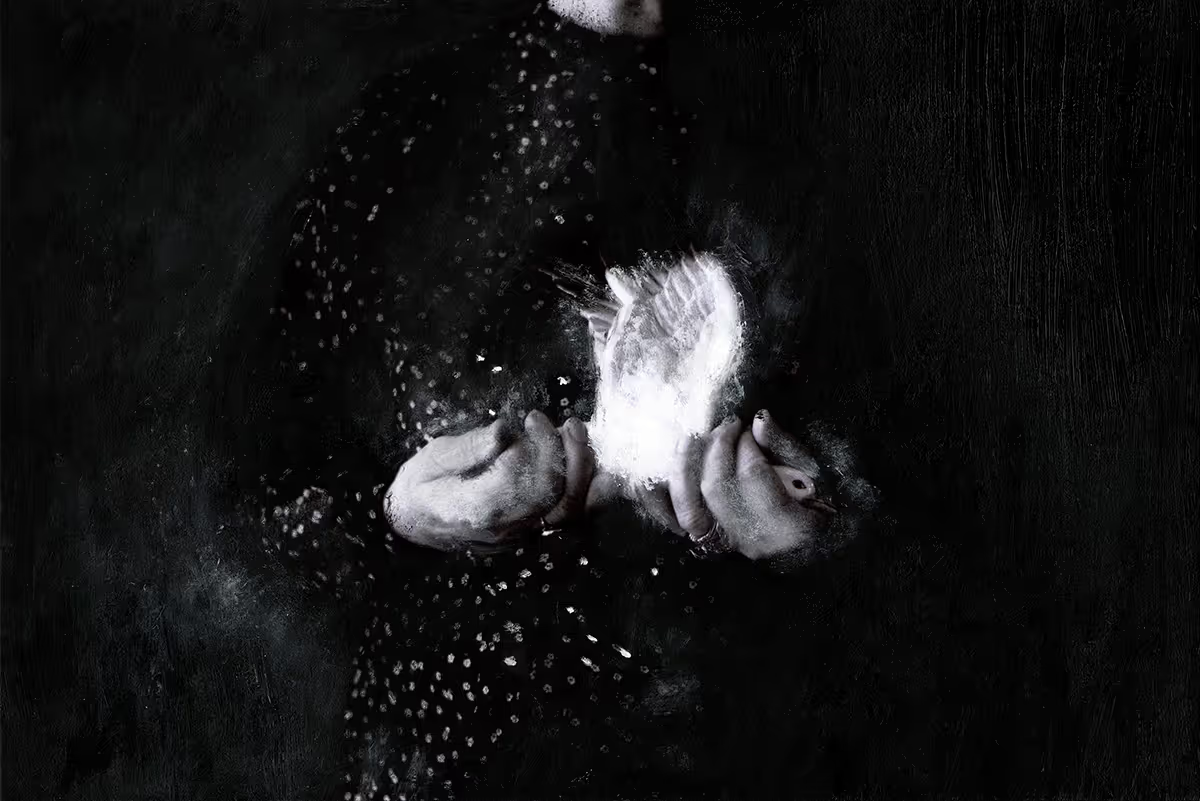
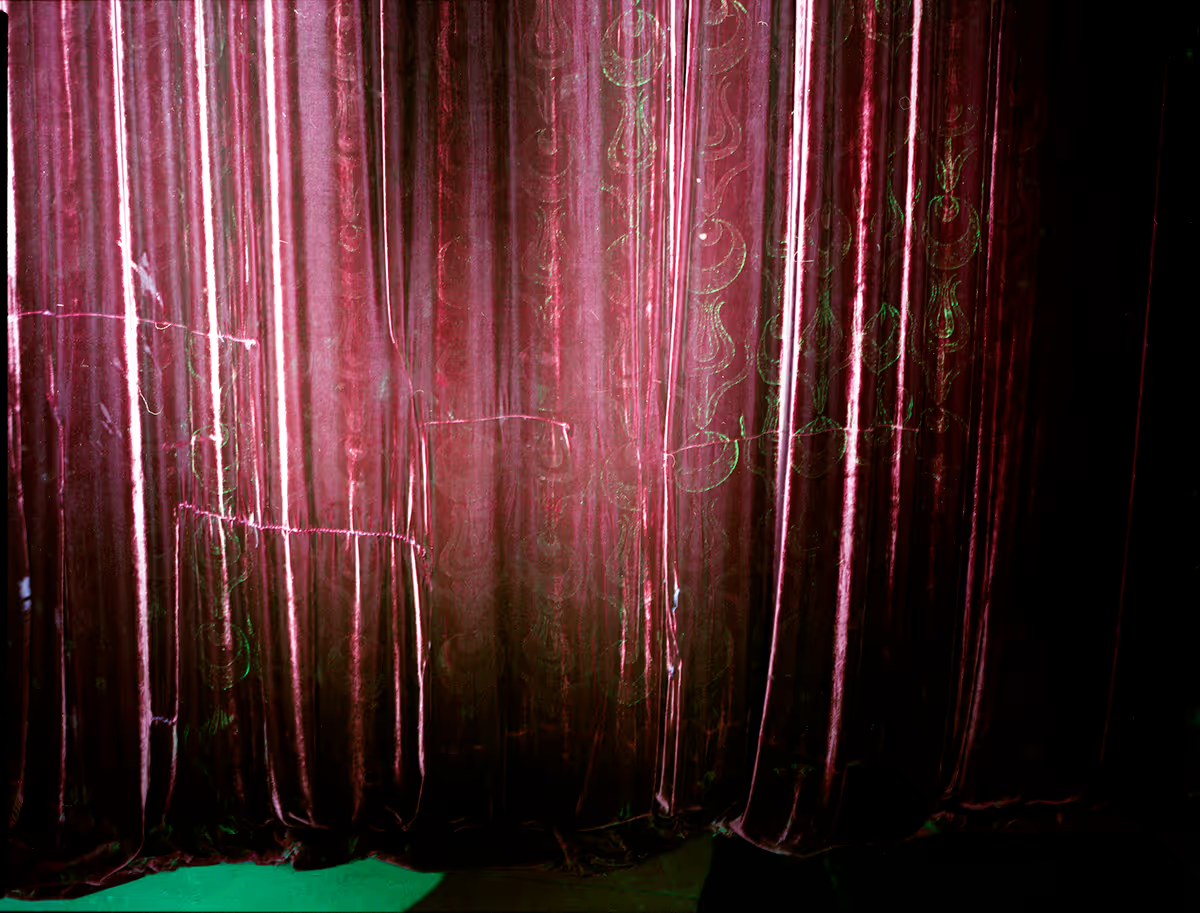
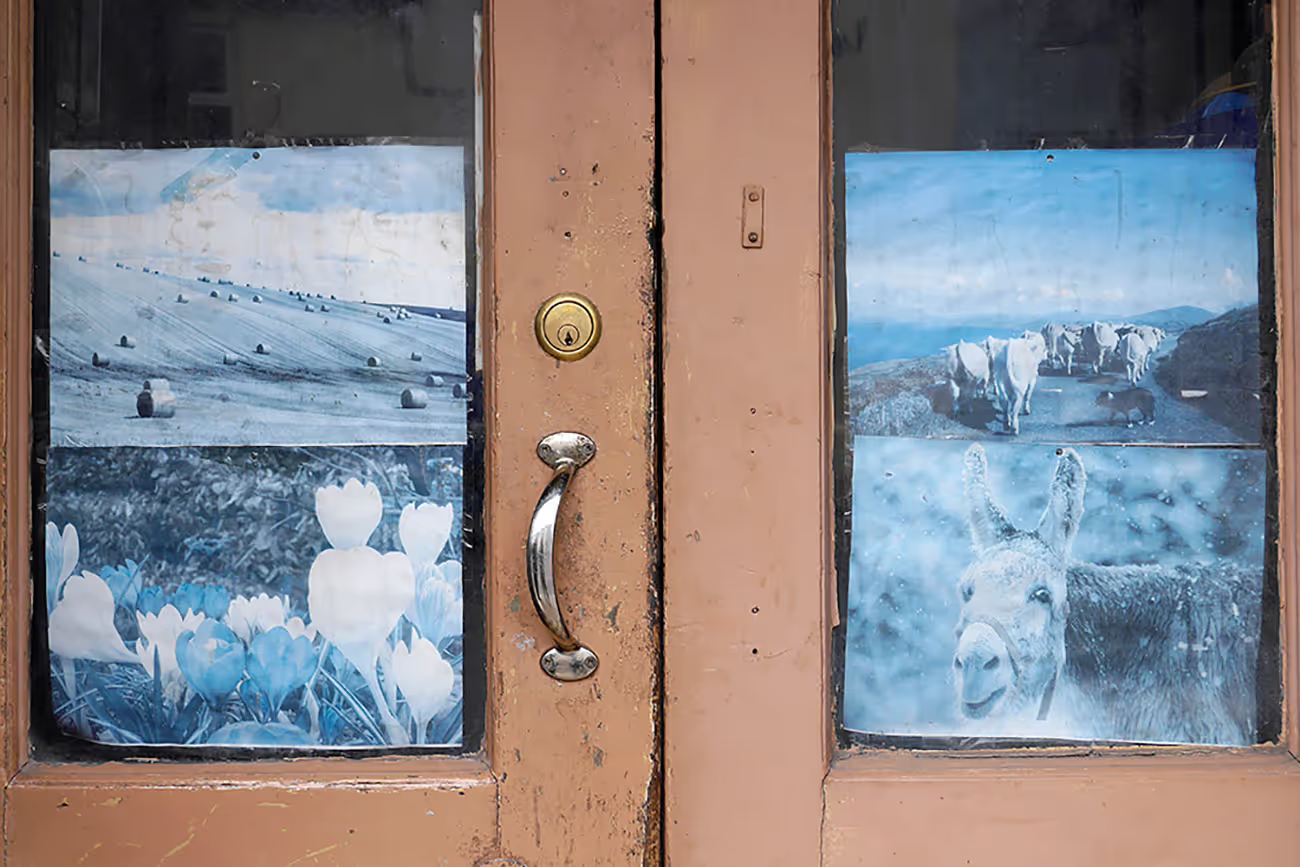


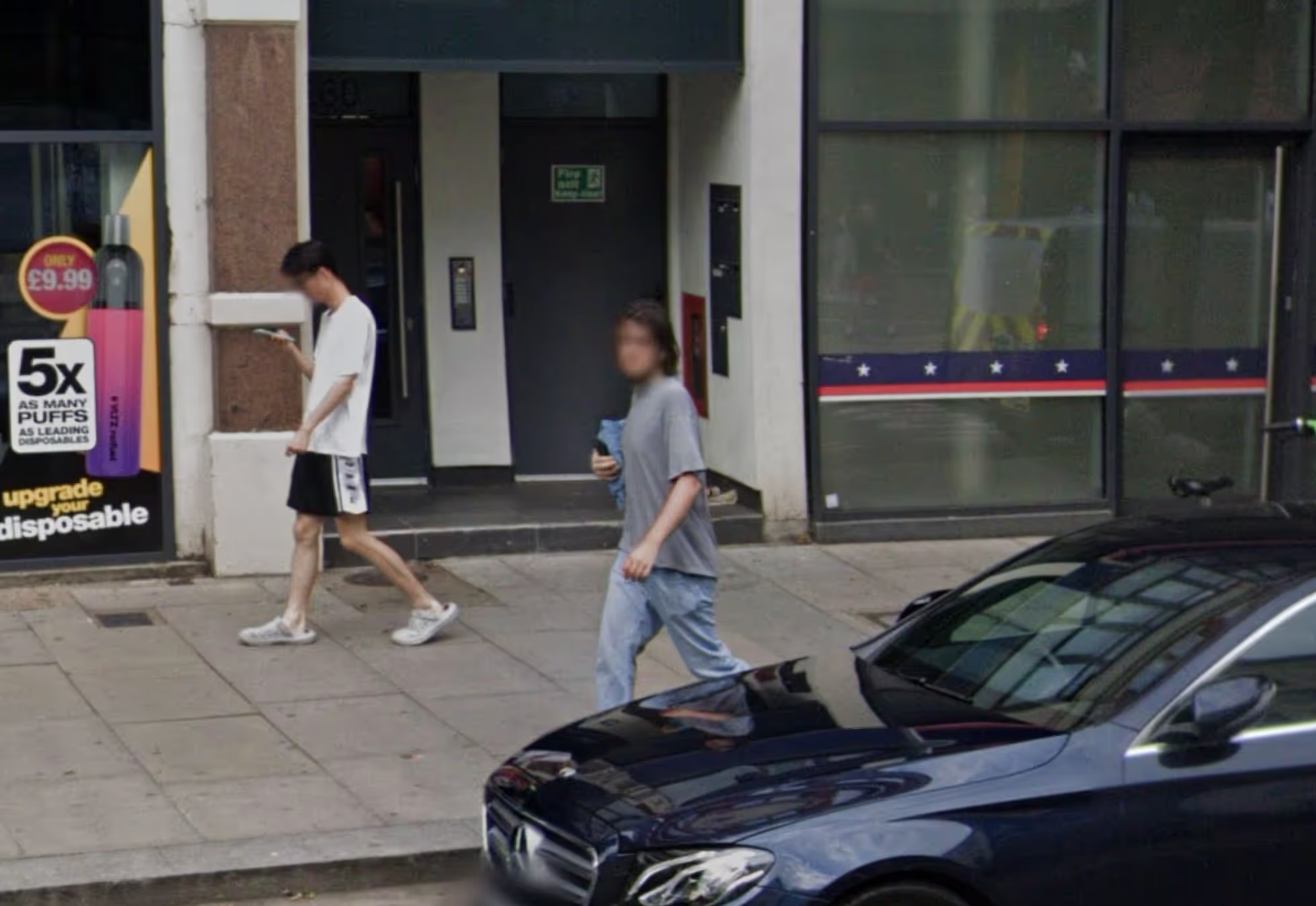
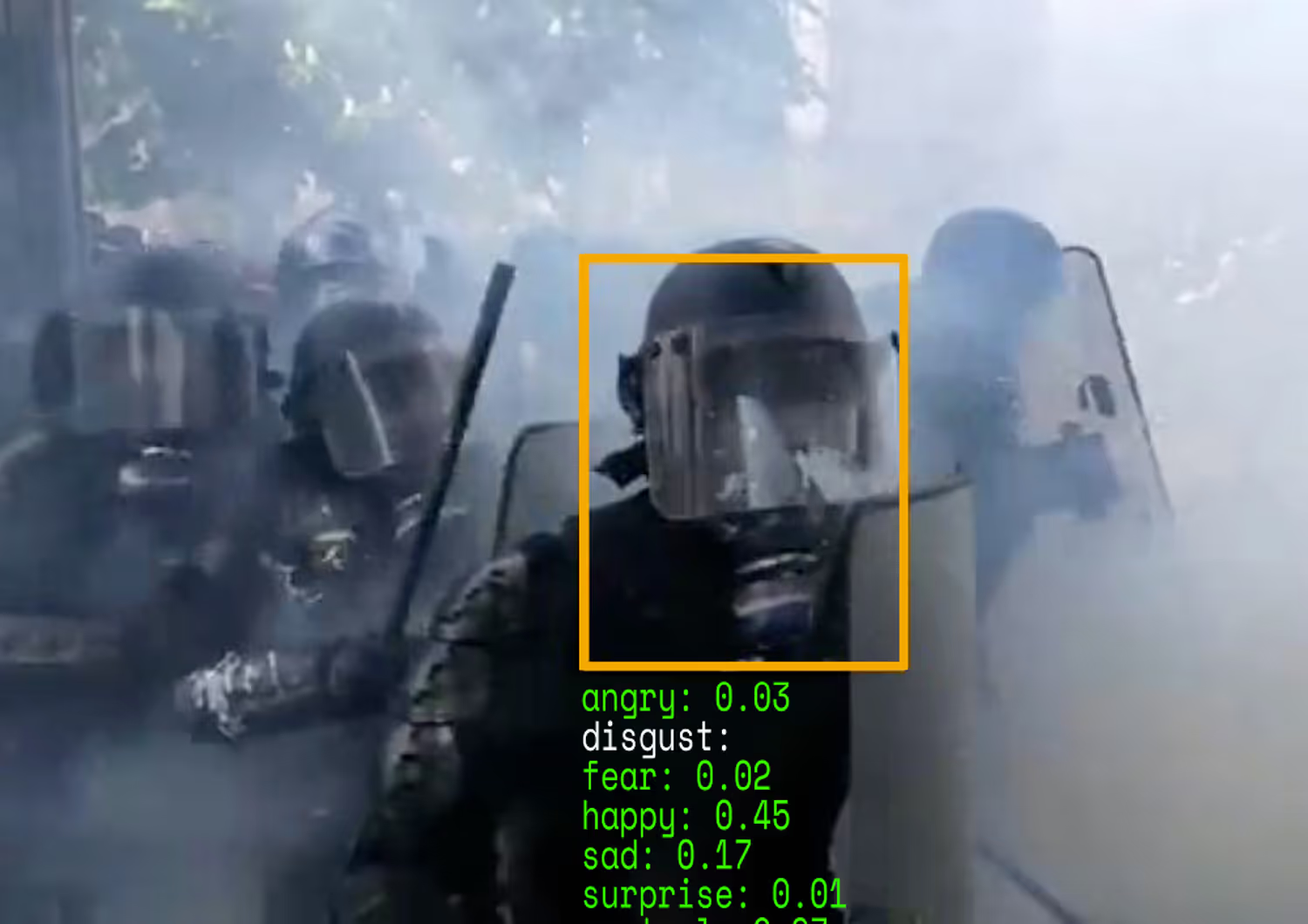
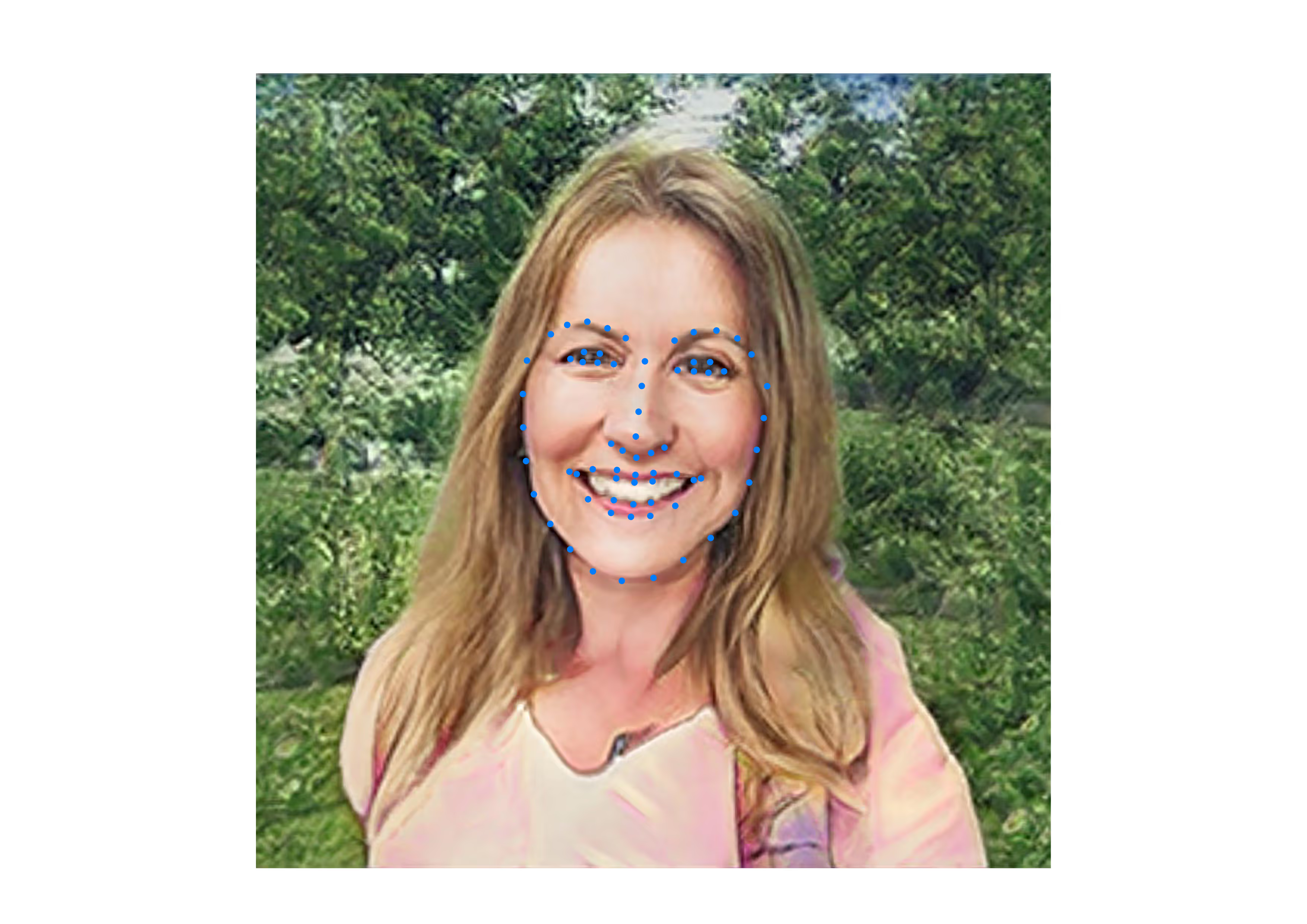
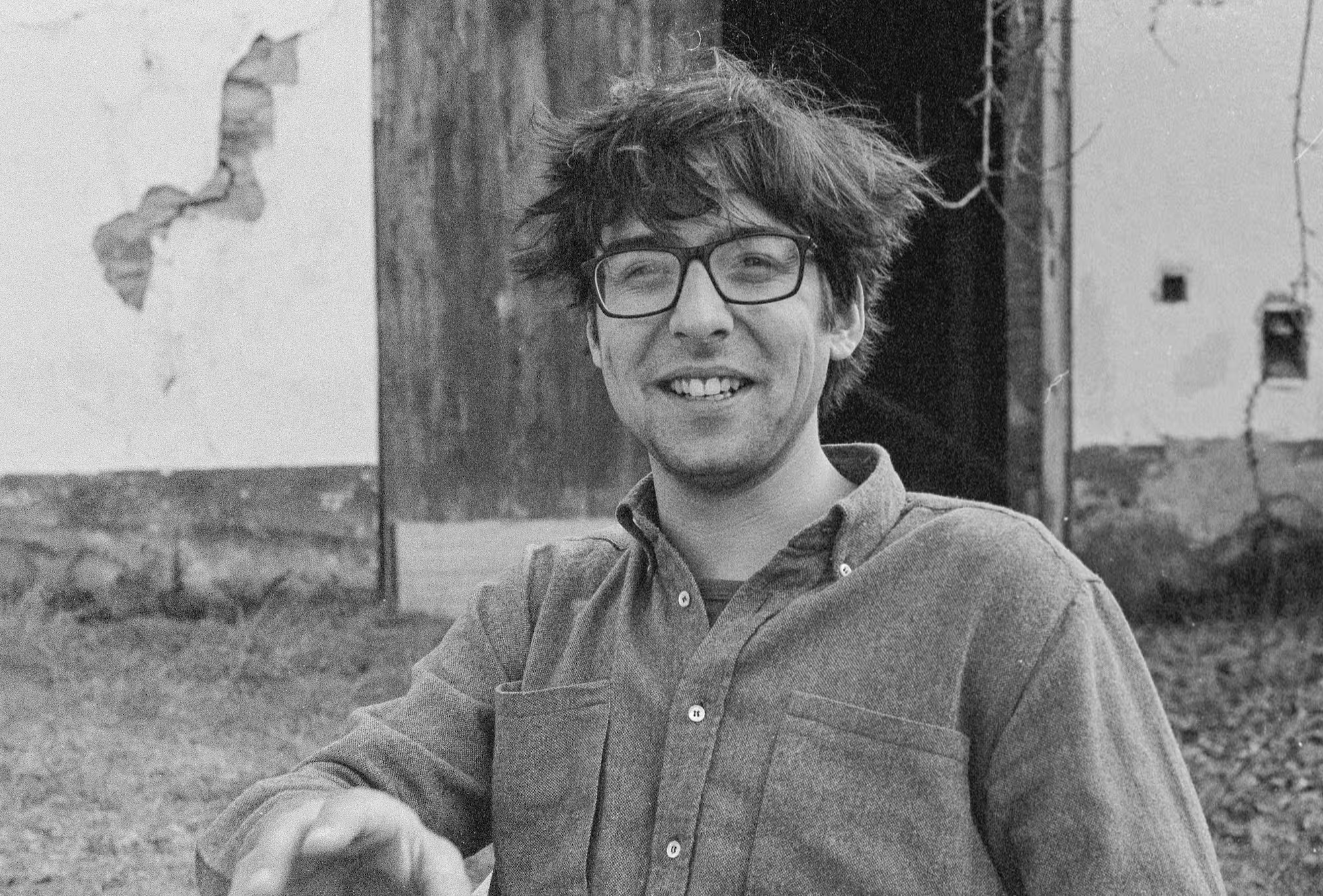

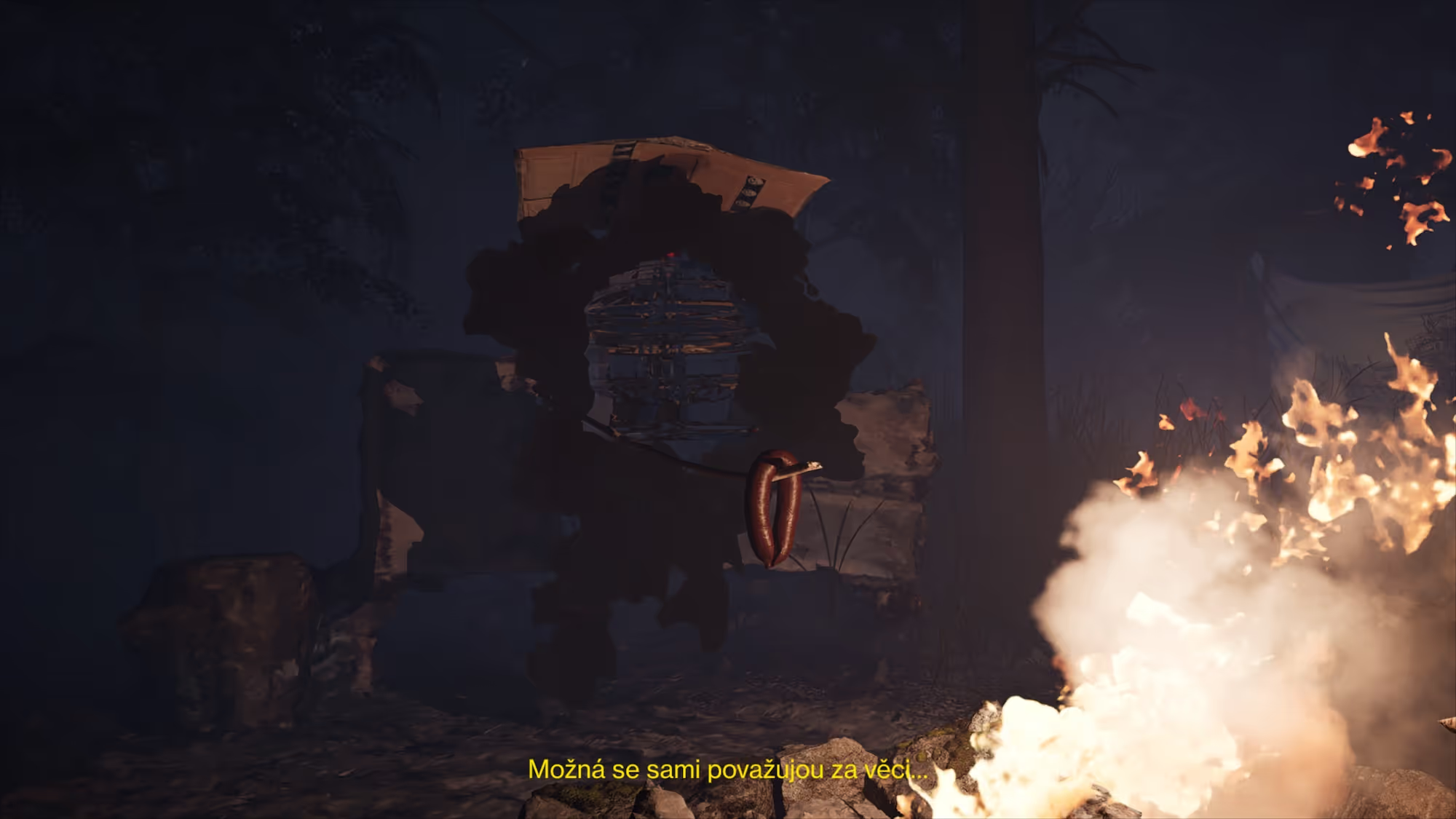
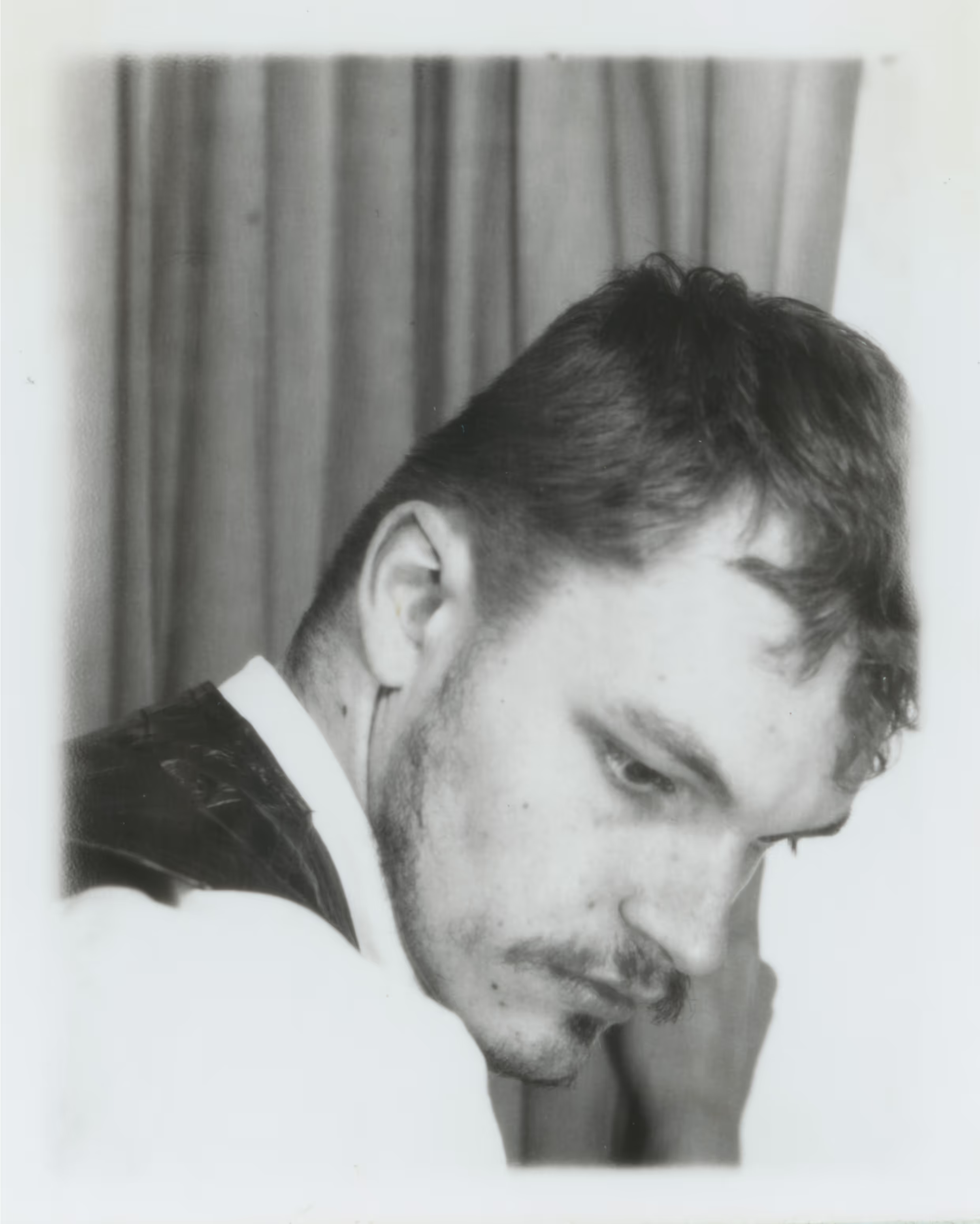
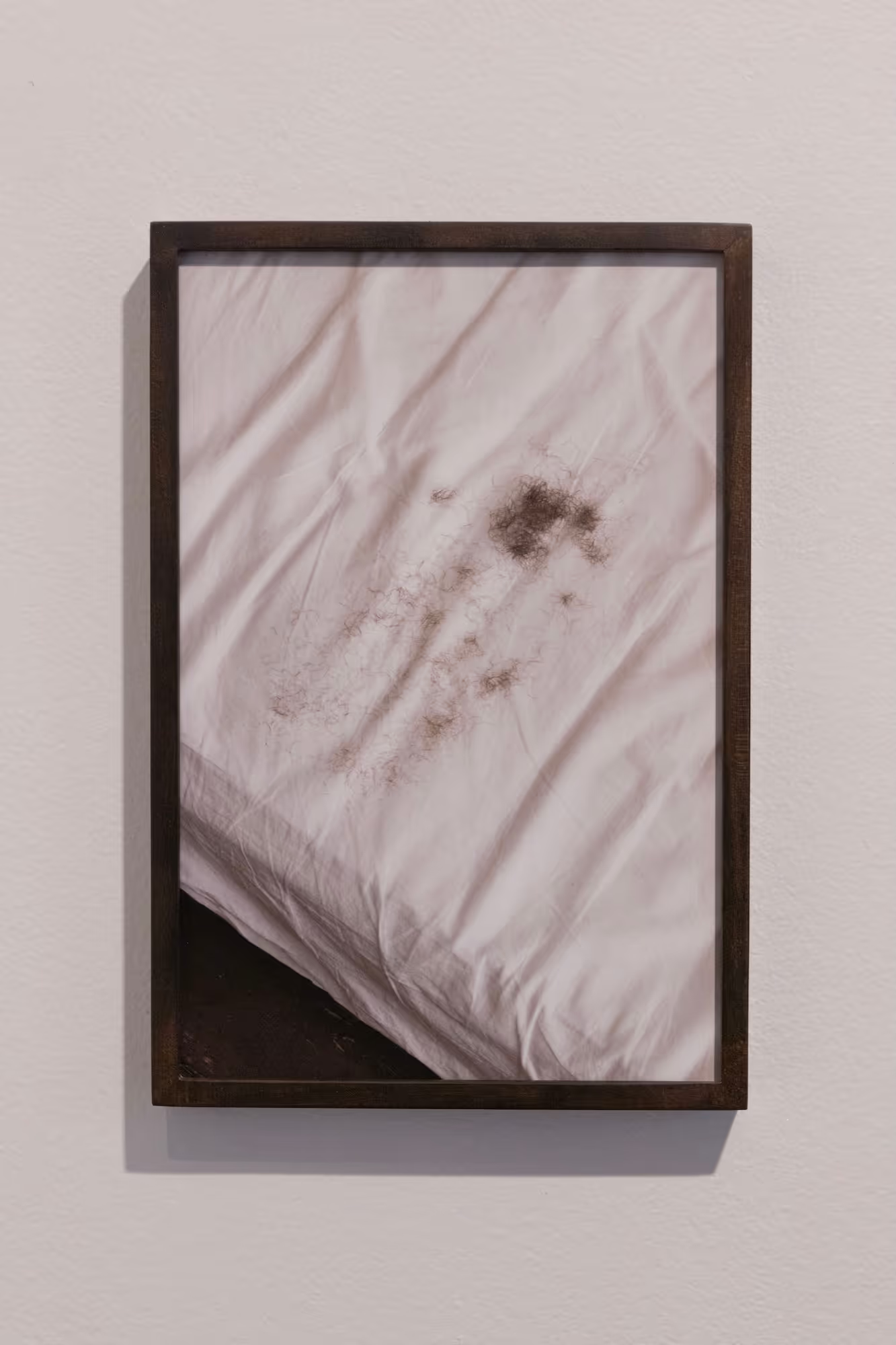
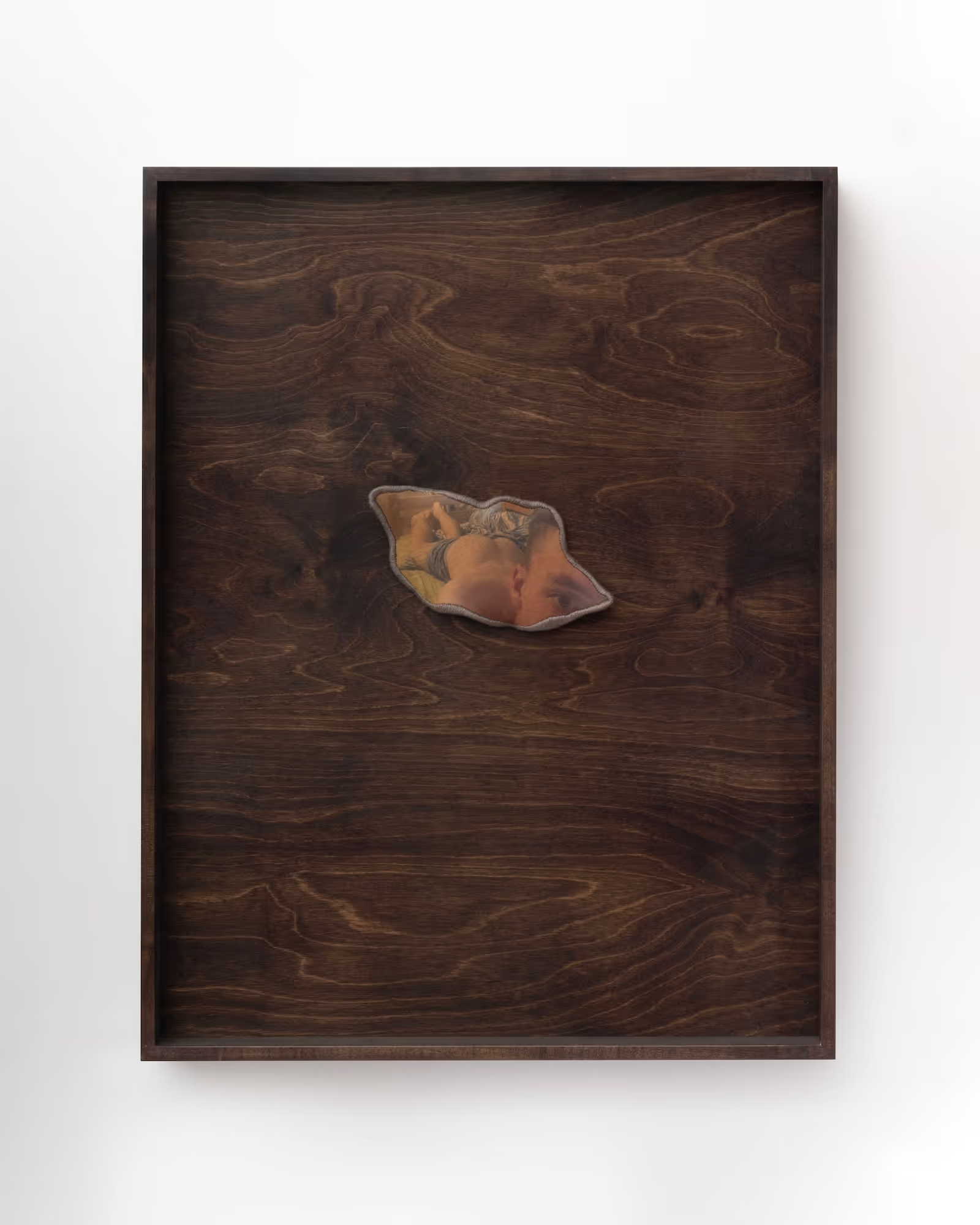
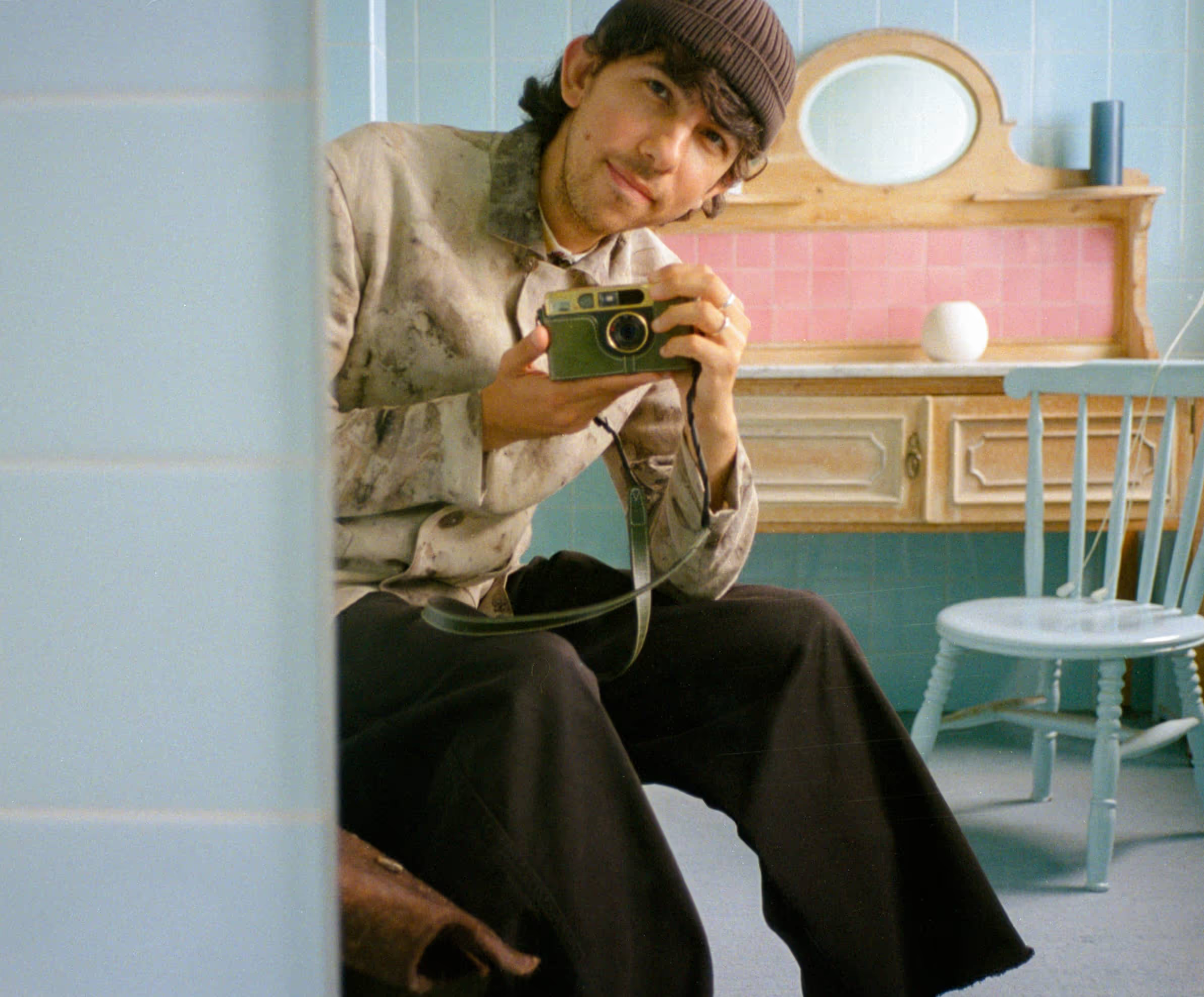
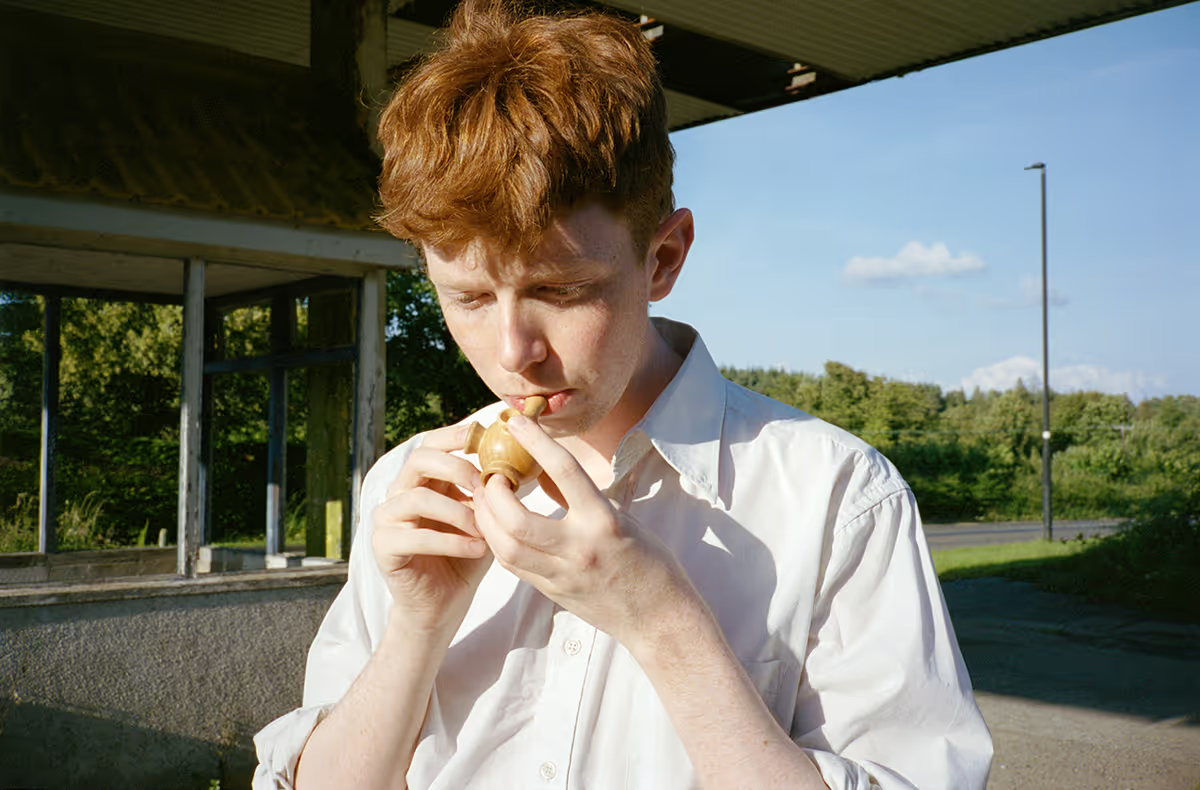
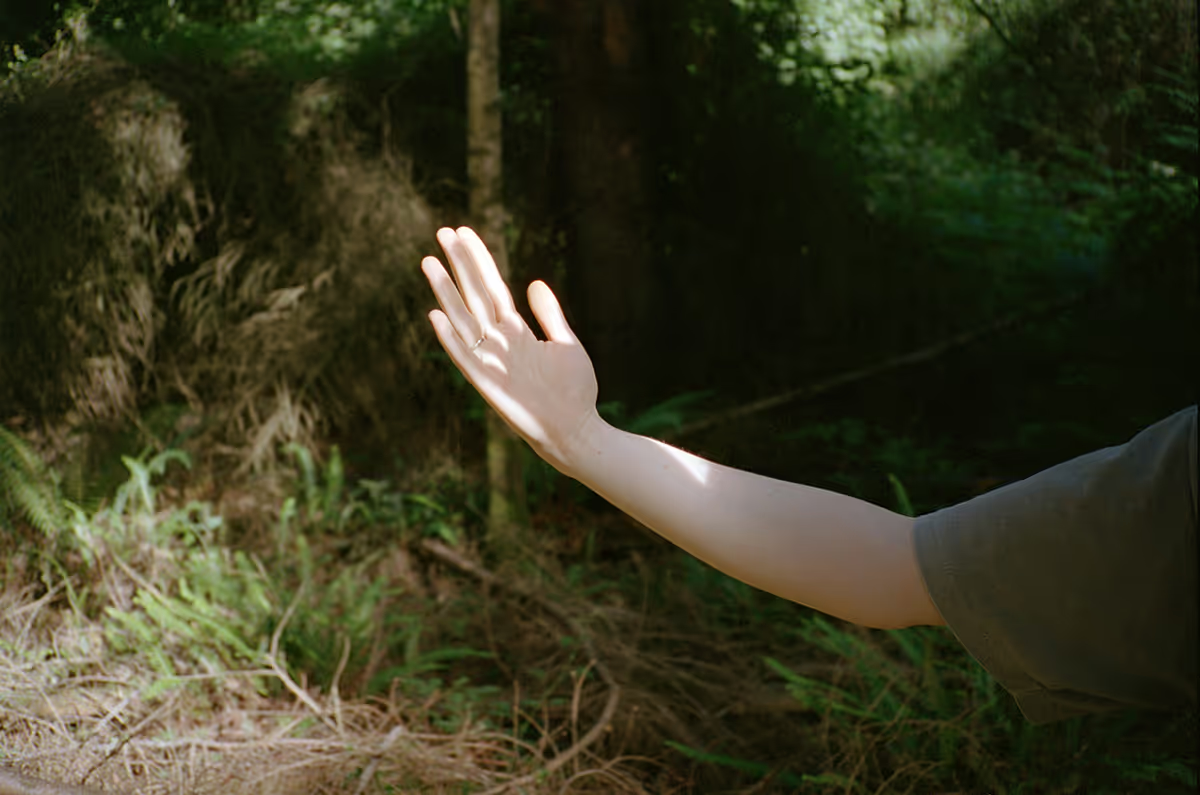

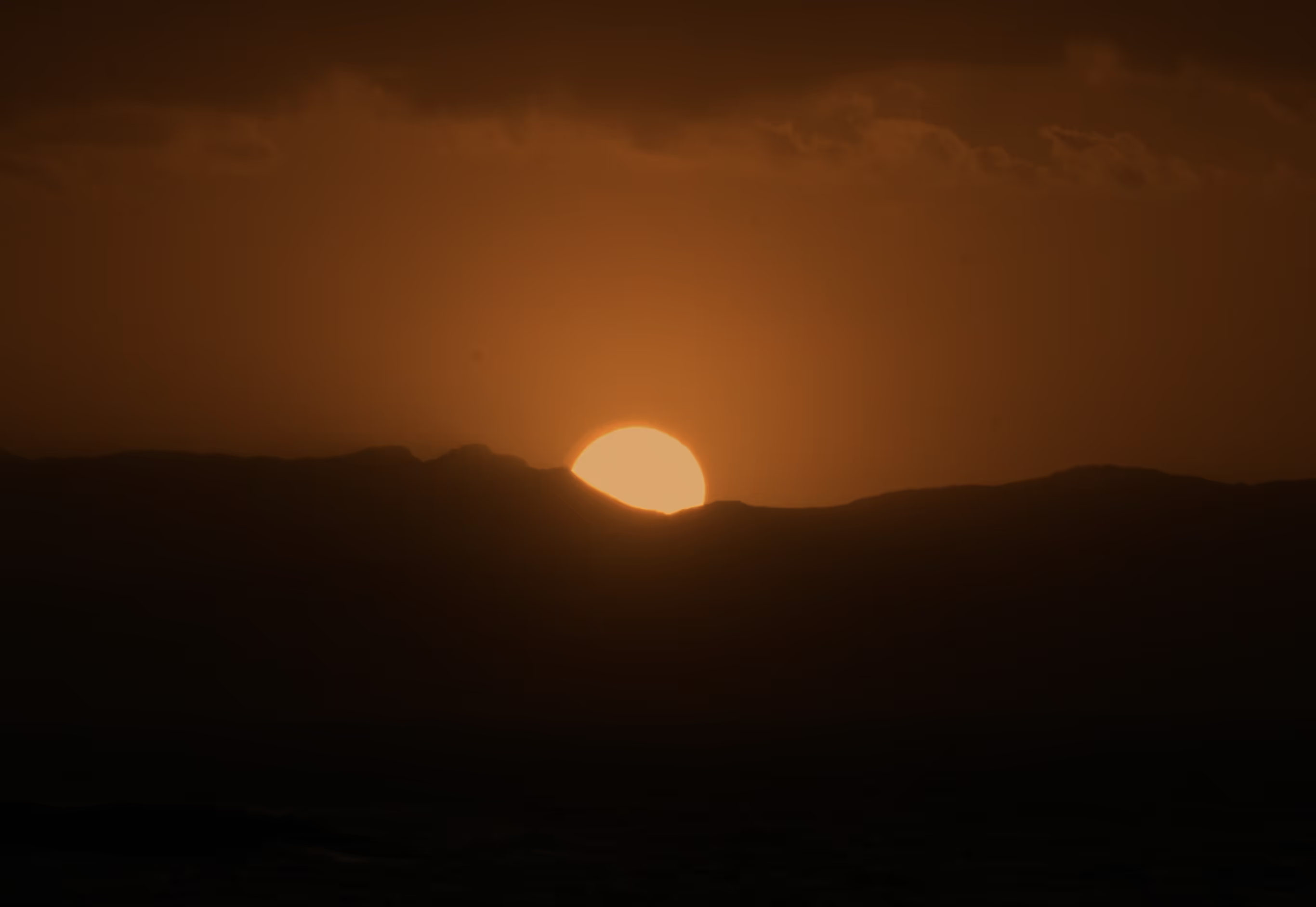
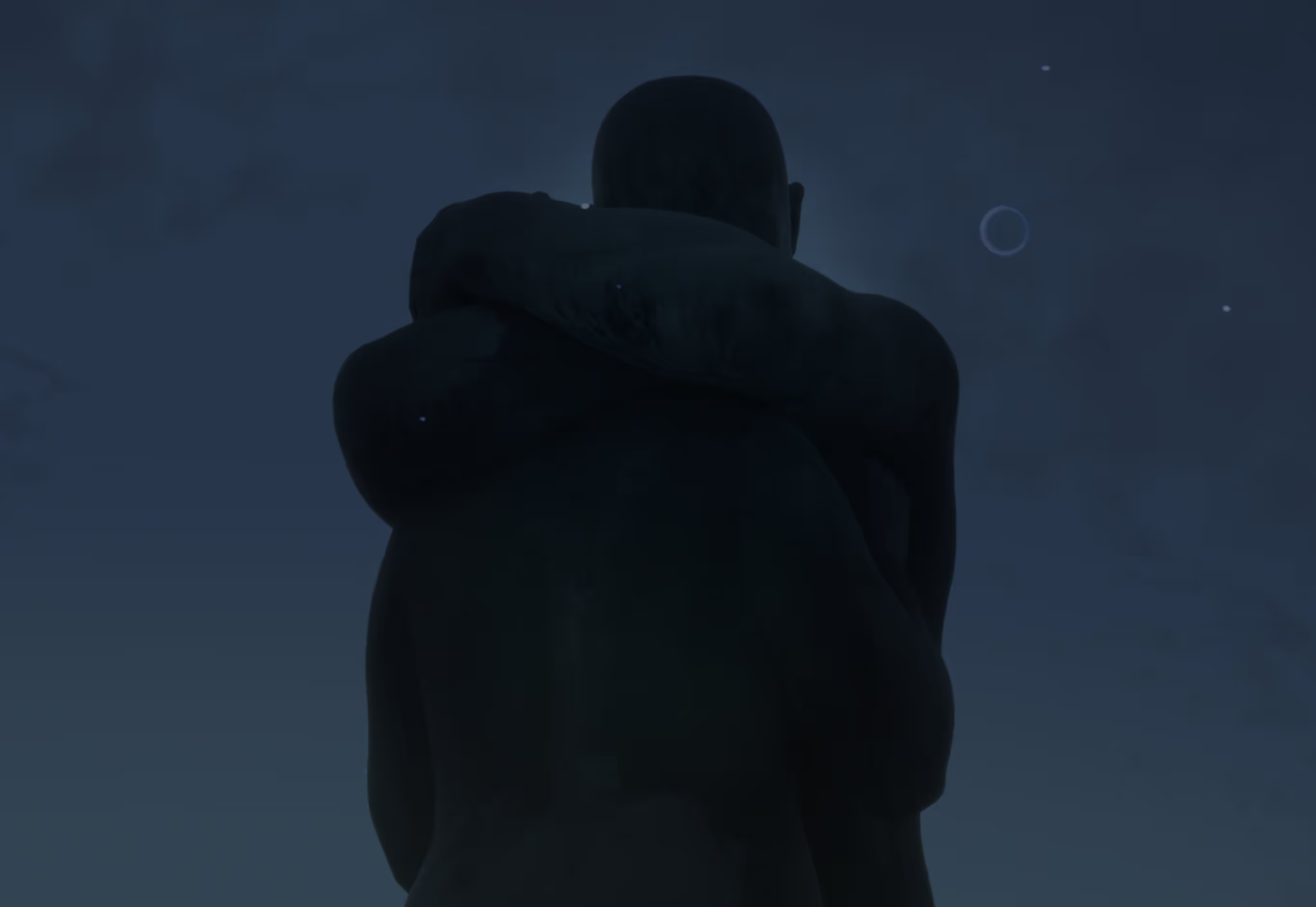
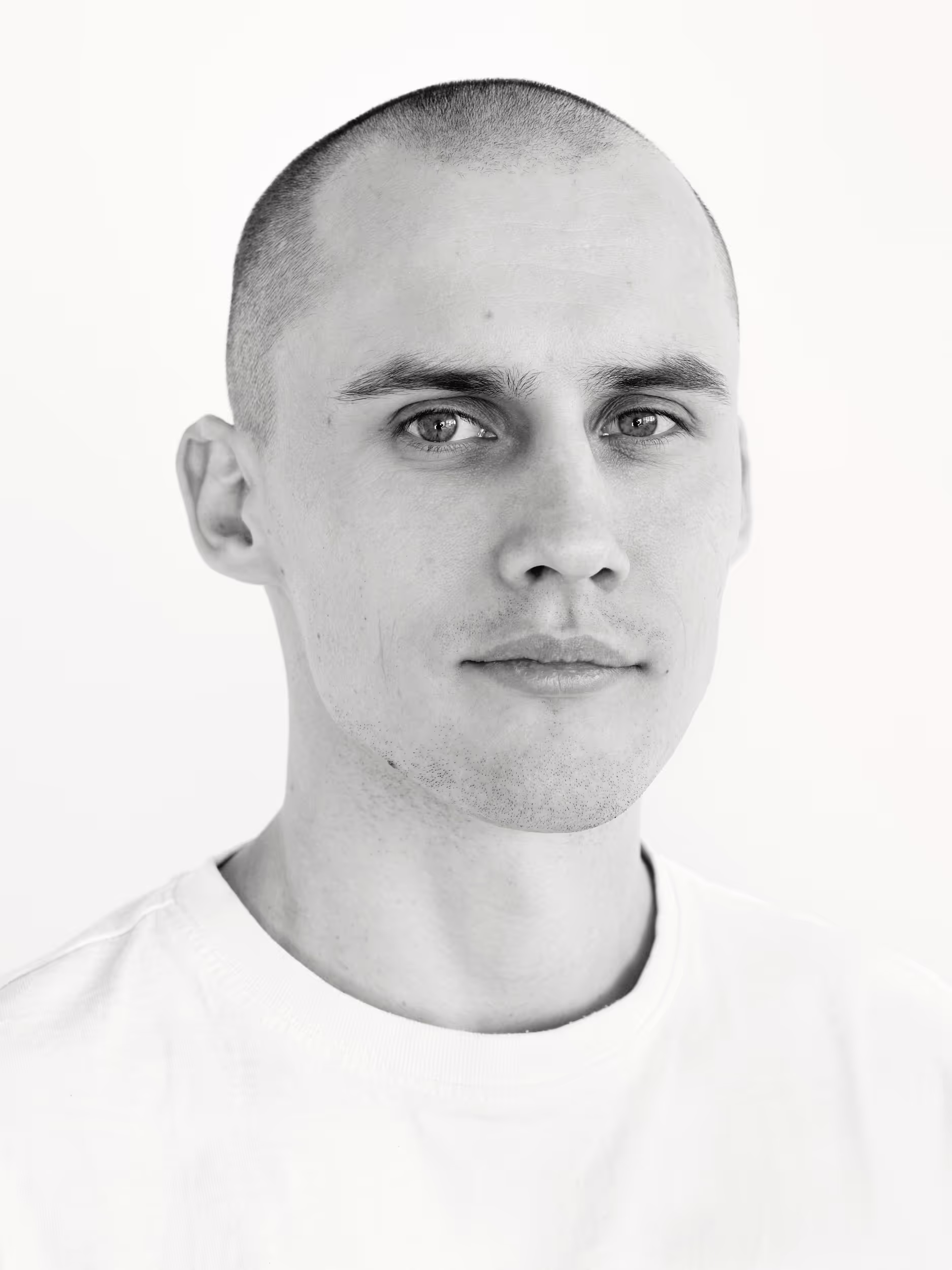
Visvaldas Morkevicius (b. 1990) is a Lithuanian artist s a Lithuanian artist working in the expanded field of the image, who explores photography and its boundaries through personal experiences and reflections on society. His work navigates themes of identity, technology, and power, blending minimalism with layered narratives to examine modern life’s emotional and psychological dimensions.
At this moment, he is pursuing his MA diploma in Photography at EACL, Switzerland (2025).
Visvaldas works reflect a deep engagement with contemporary life's emotional and psychological dimensions, examining how hyperconnectivity, media saturation, and systemic forces shape human perception, memory, and agency. The artist's approach is both critical and reflective. He uses photography and interdisciplinary media to explore themes of loss, disconnection, and resilience, juxtaposing personal experience with broader societal dynamics. His art often reveals the tension between intimacy and detachment, questioning how technology mediates relationships, reframes violence, and commodifies identity. Visvaldas draws from psychoanalysis
and critical theory to investigate the cycles of desire, control, and addiction embedded in modern systems.
He is particularly interested in how these systems exploit human vulnerability, trapping individuals in loops of consumption and obedience. Through his practice, he challenges viewers to confront the fragile balance between autonomy and control, reality and hyperreality.His work combines stark minimalism with layered narratives, creating immersive experiences that invite reflection on contemporary life's emotional and ethical implications. Visvaldas seeks to uncover hidden connections, offering a lens through which to question the forces that shape our lives while exploring the human desire for meaning, connection, and self-expression.
Represented by Galerie Elisabeth & Reinhard Hauff
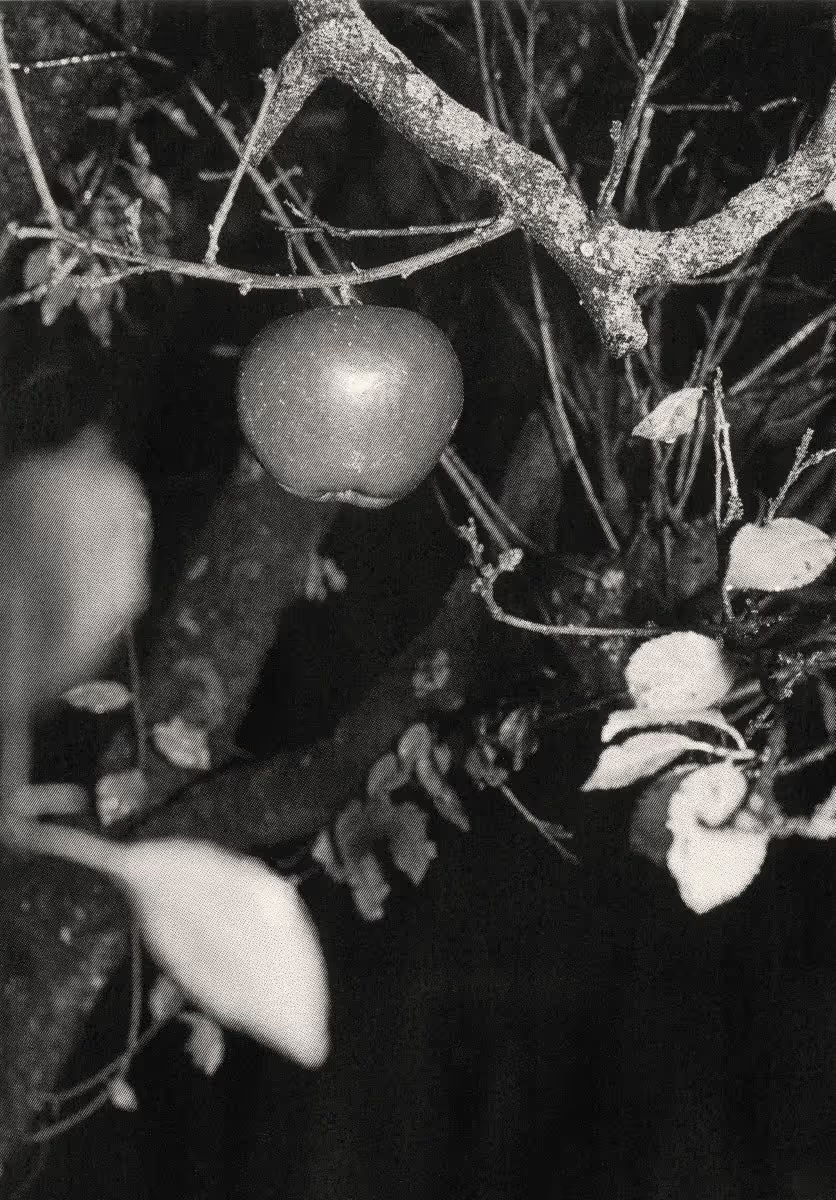

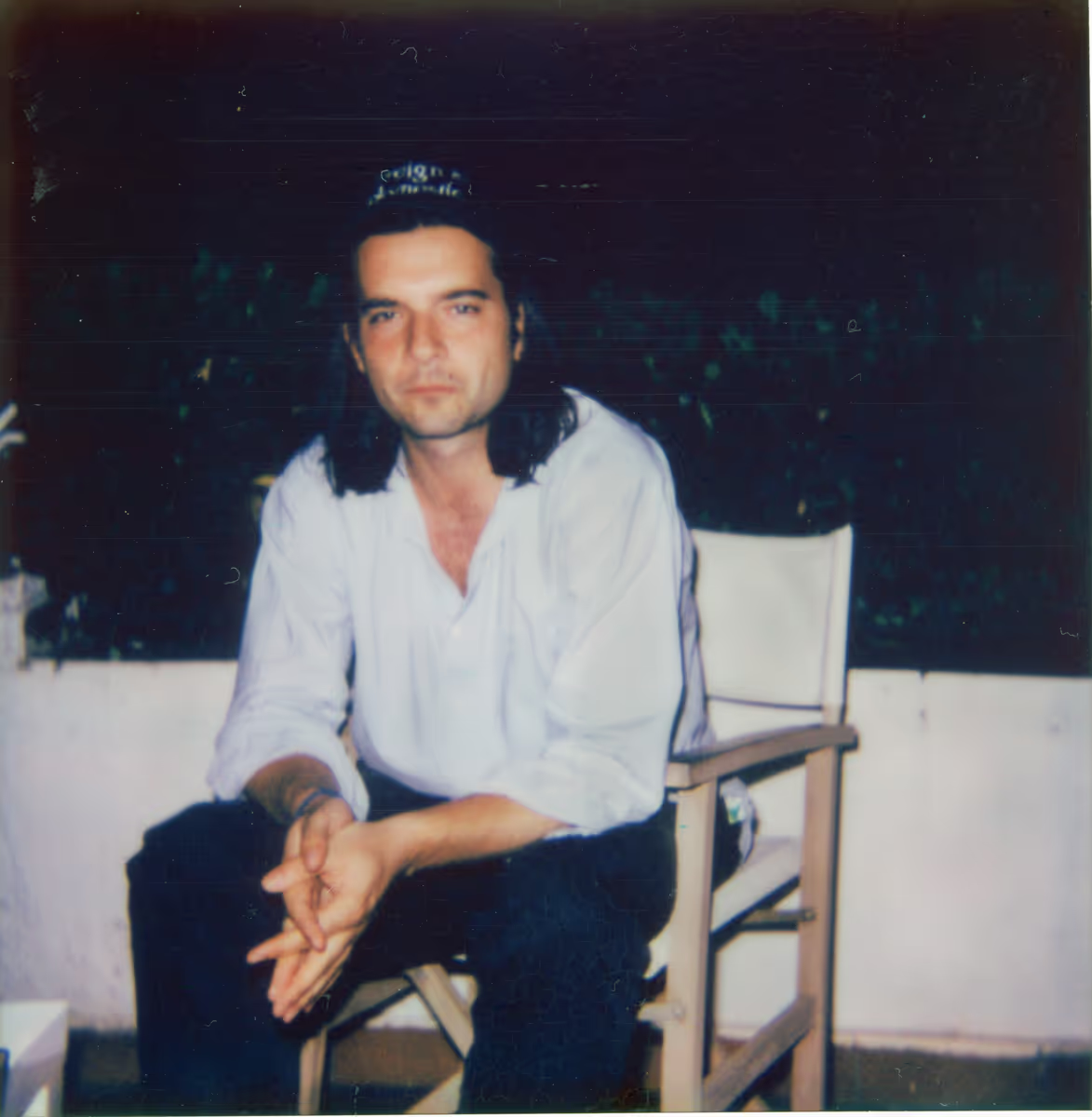
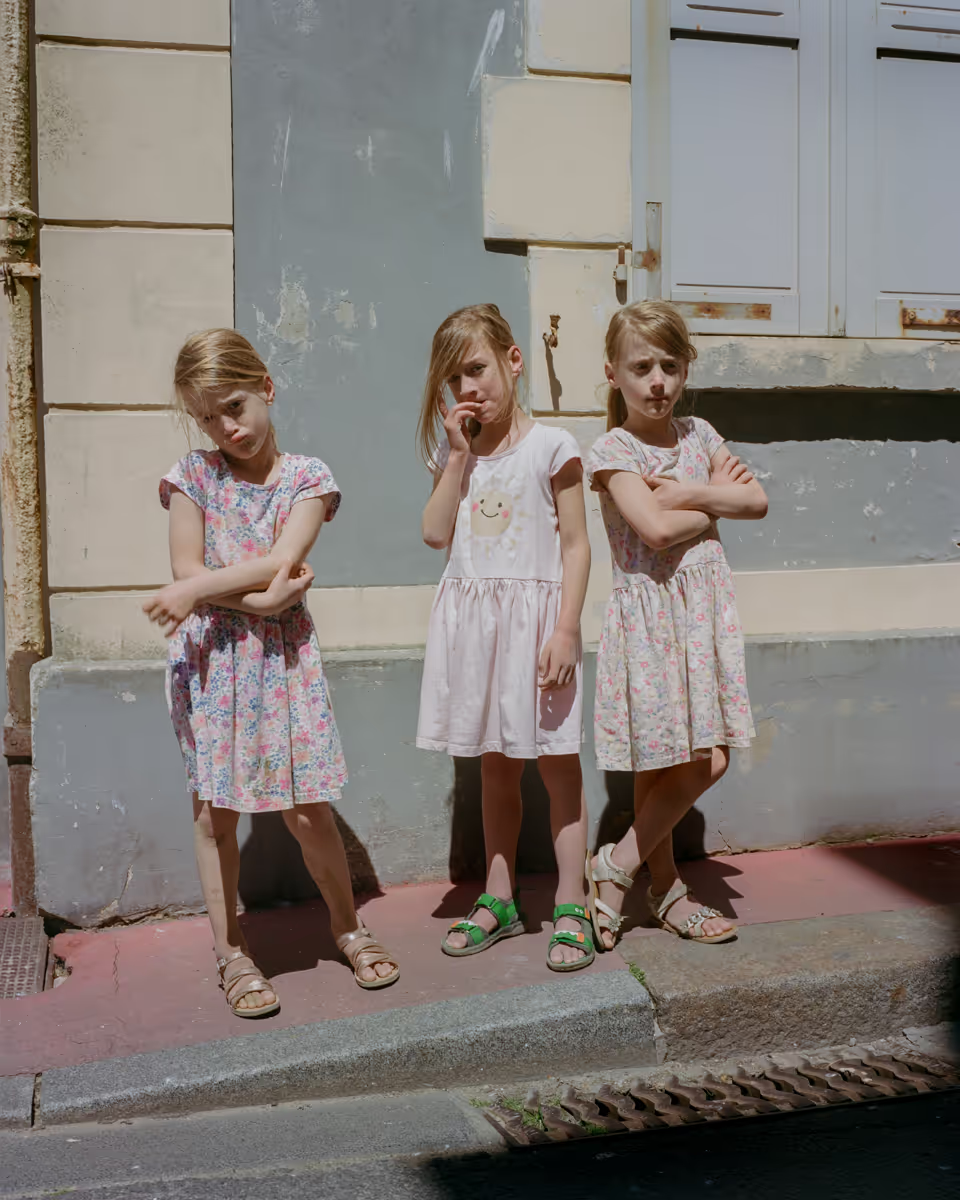
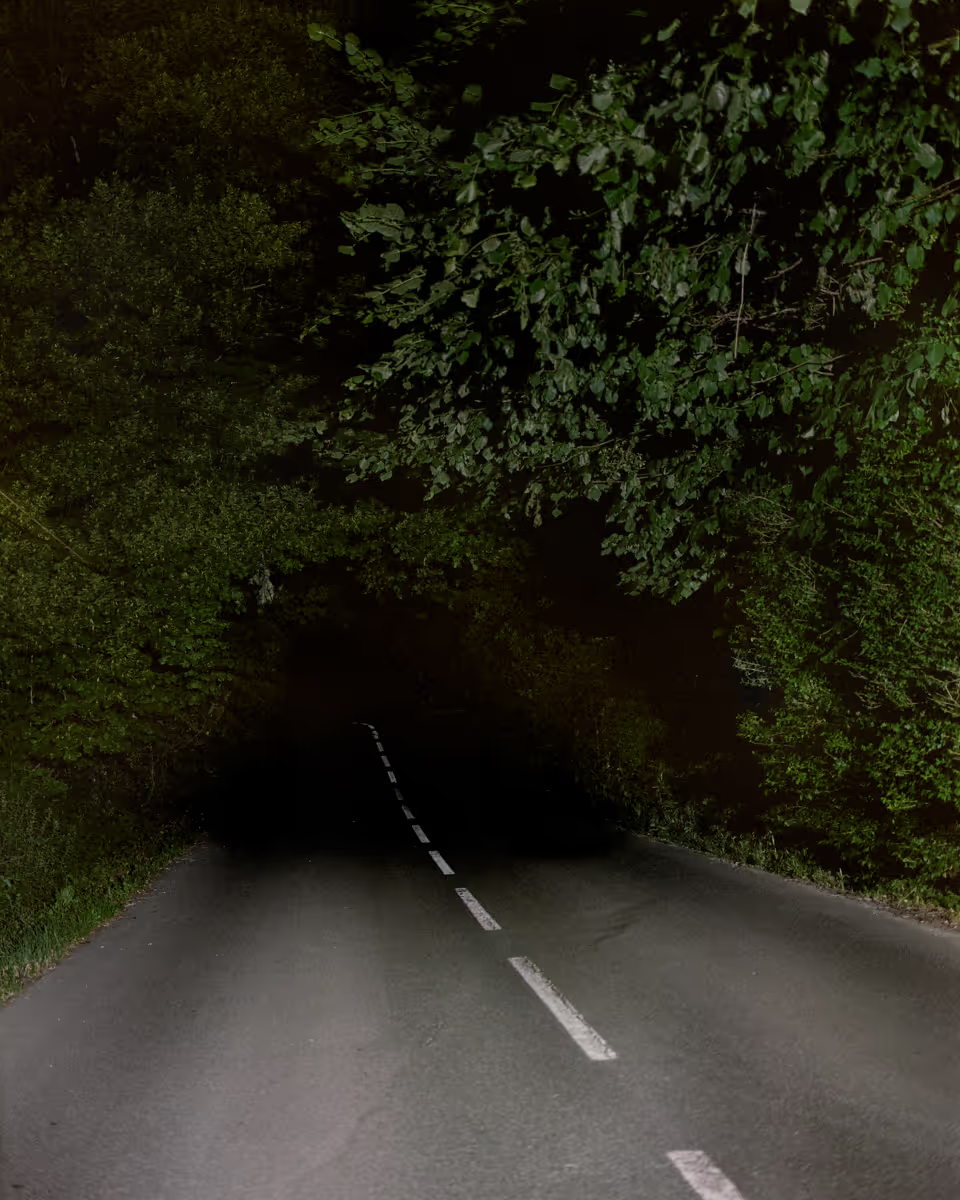
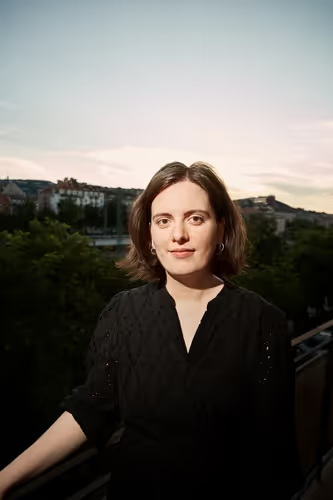
Emese Bíborka Szakács studied at the Institute of Communication and Media Studies at Pázmány Péter Catholic University. She is currently pursuing a degree in Art History at the University of Pécs.
Her interests focus on the past and present of experimental photography, as well as the cultural role of new media. As a staff member of the Robert Capa Contemporary Photography Center, she is involved in organizing international exhibitions and professional programs. She also works as a curator and writer within the frameworks of the Studio of Young Photographers (FFS) and the Studio of Young Artists’ Association (FKSE), contributing to the professional development and realization of several exhibitions in recent years.

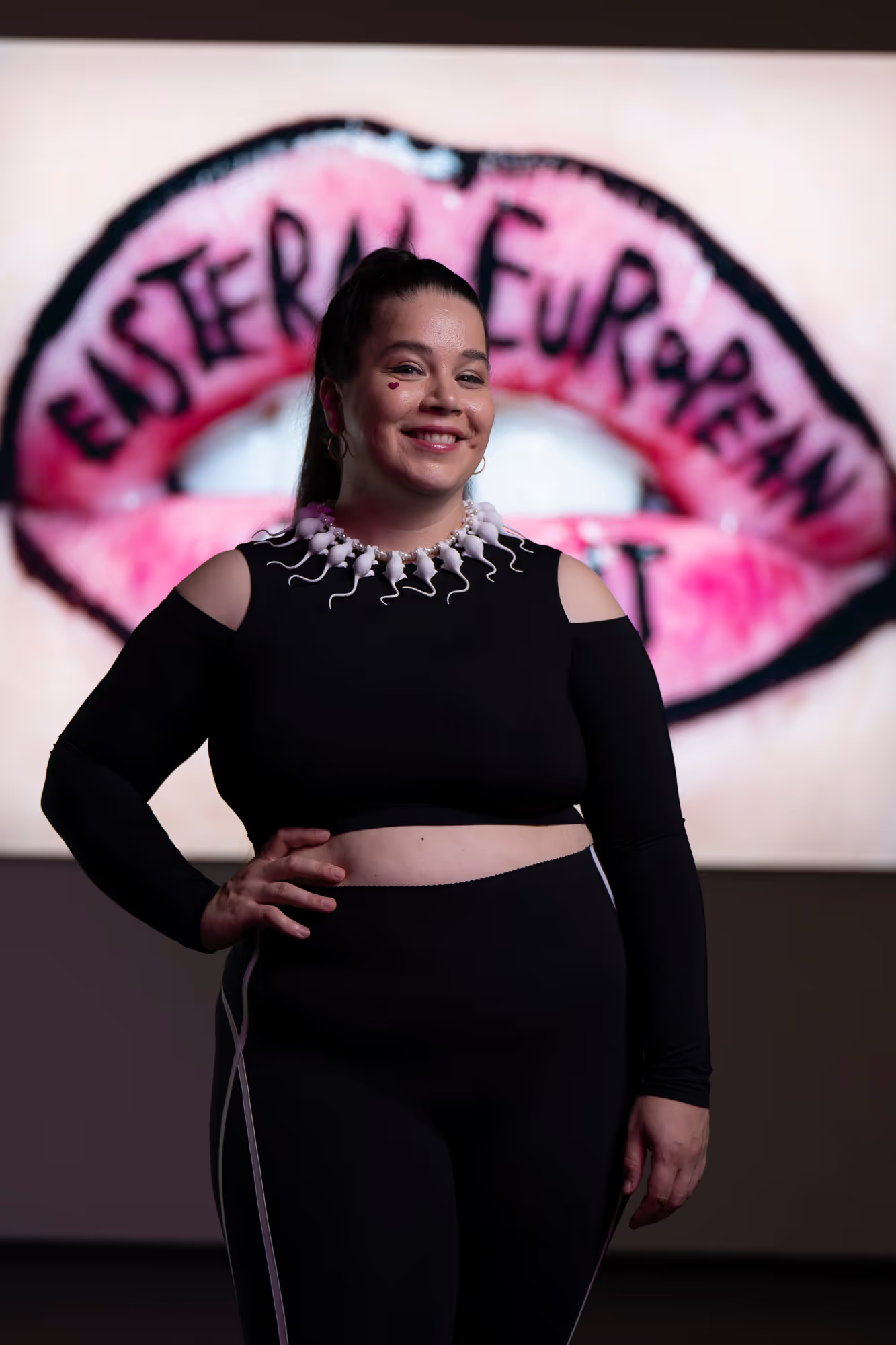
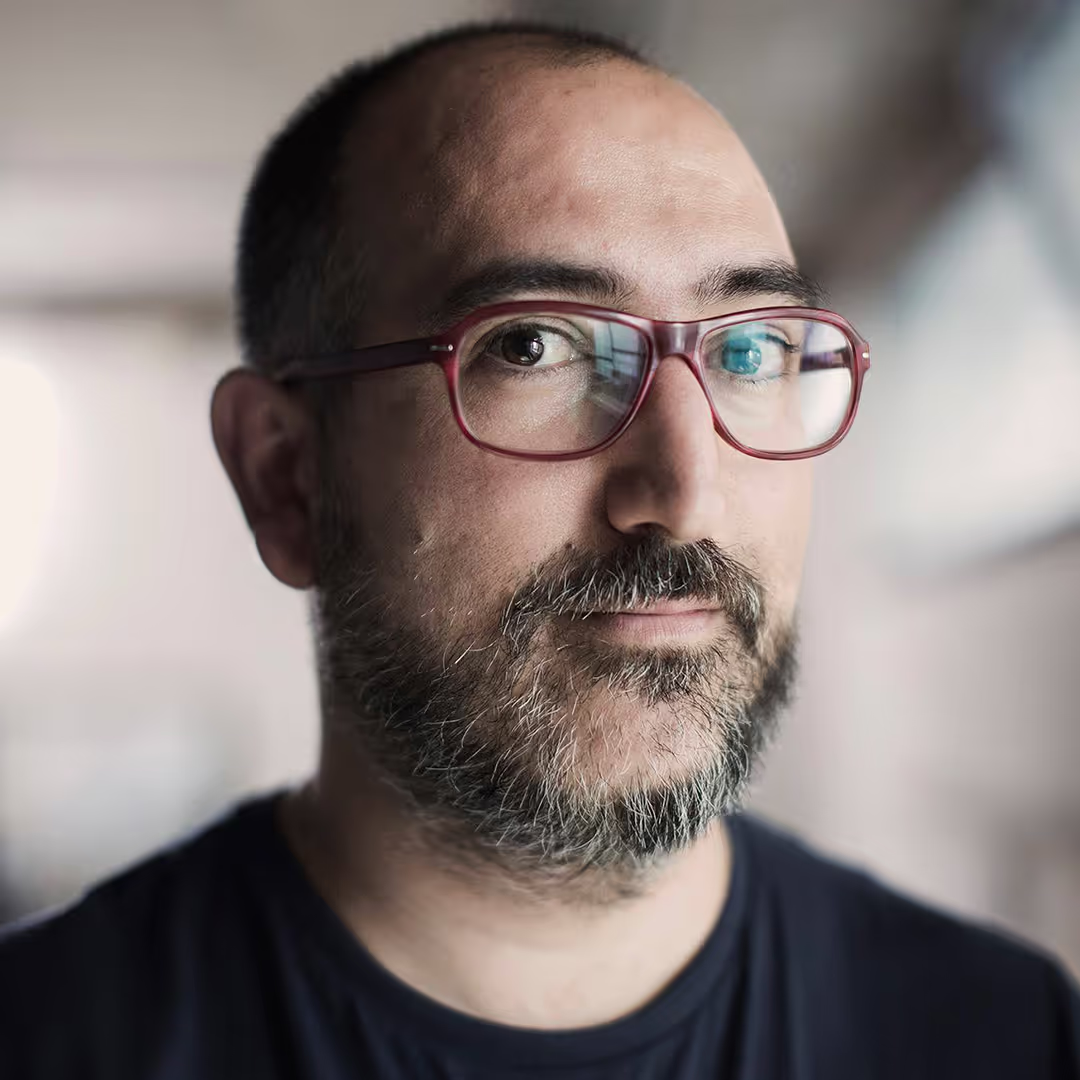
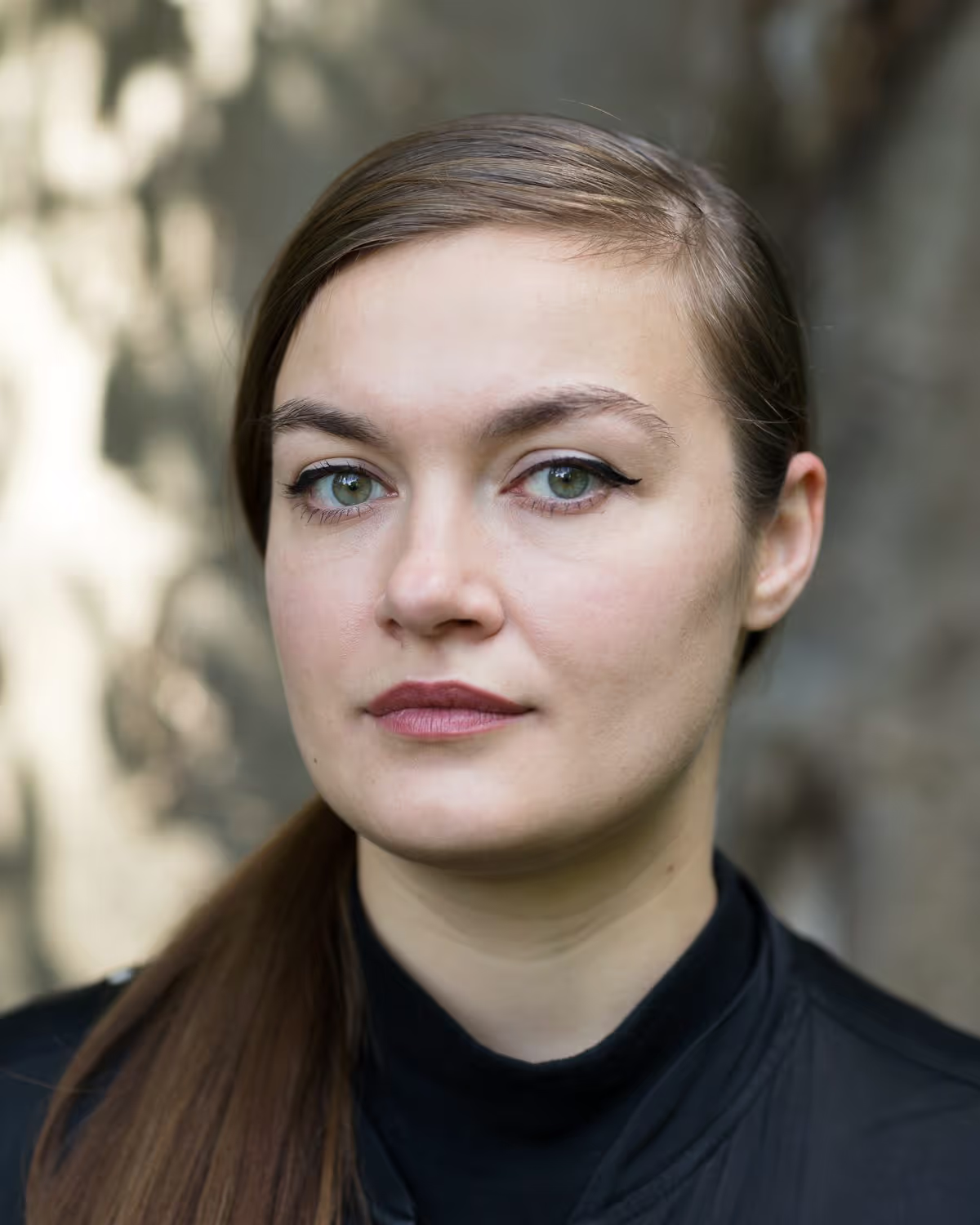

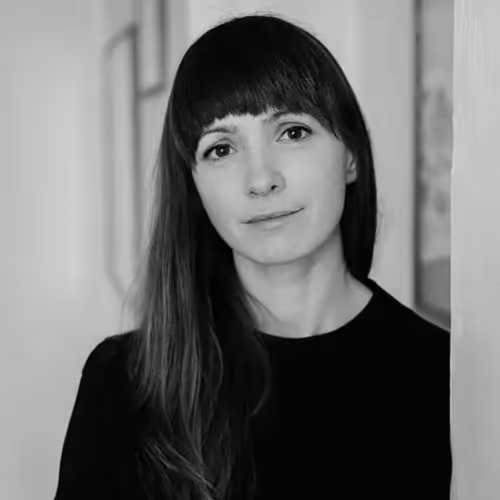
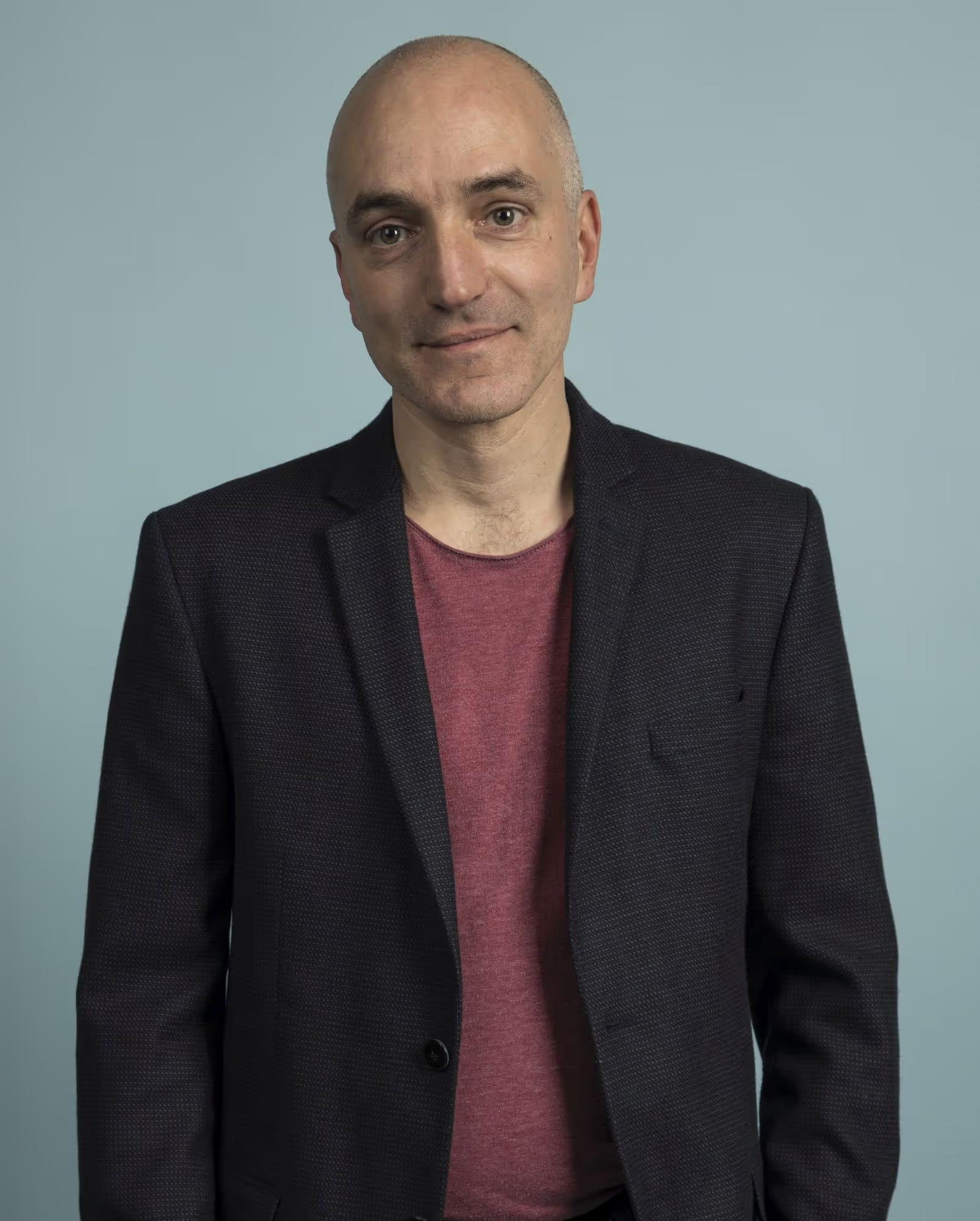
By signing up, you'll join our community of artists and professionals committed to contemporary photography.
